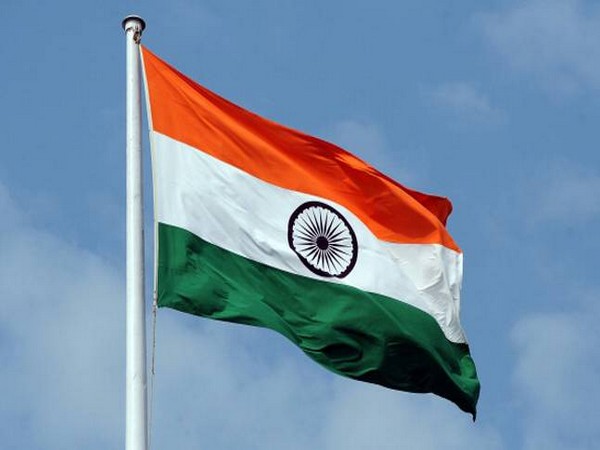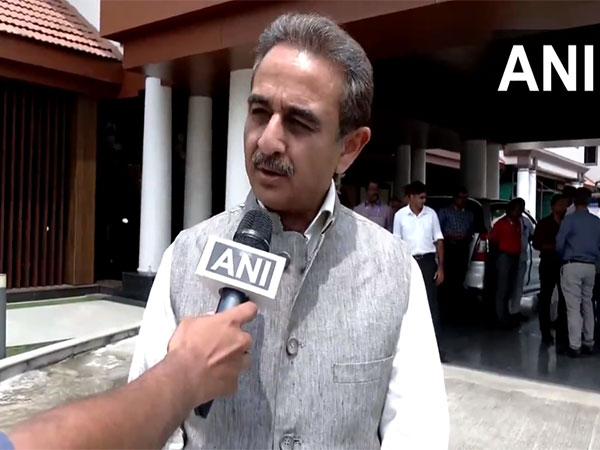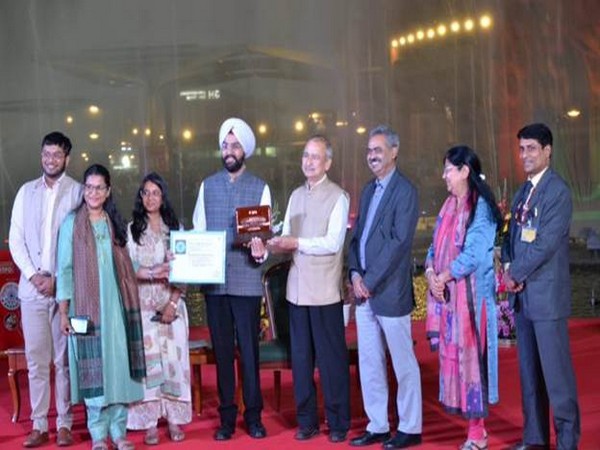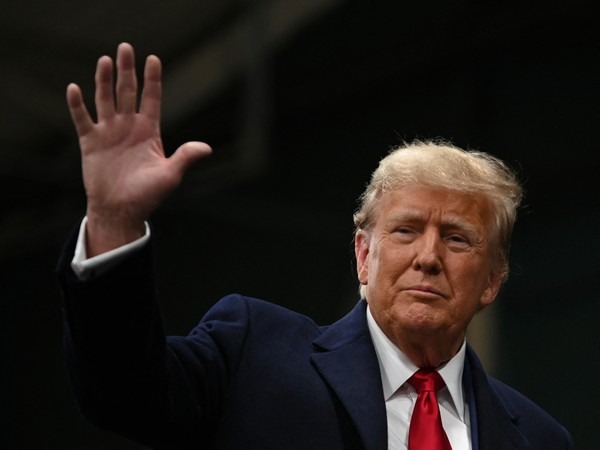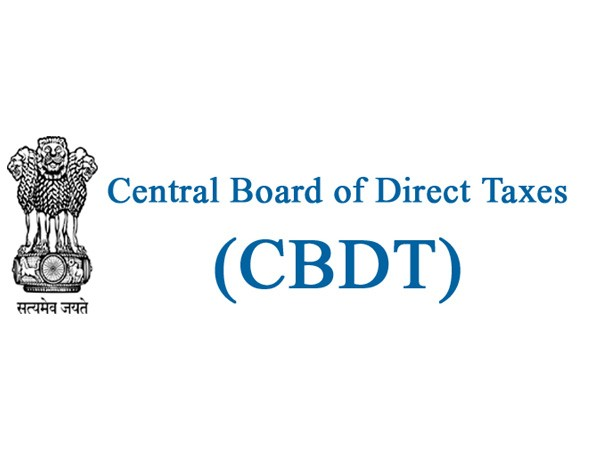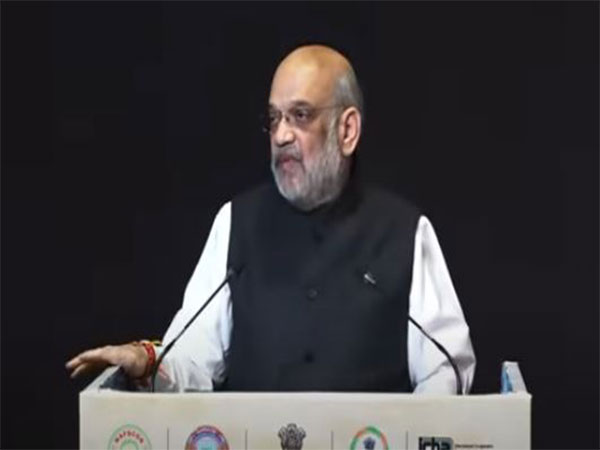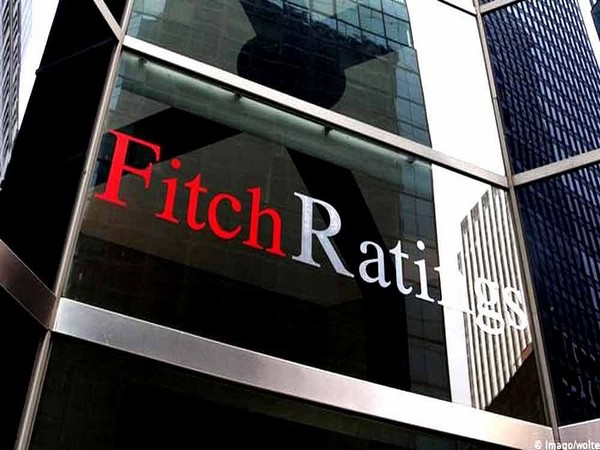
New Delhi [India], November 24 (ANI): In a dynamic landscape where the automotive industry is undergoing a seismic shift towards electric vehicles (EVs), European auto suppliers find themselves navigating challenges due to a noticeable slowdown in EV demand.
Fitch Ratings sheds light on the intricate dynamics affecting key players in the automotive supply chain and explores the nuanced strategies they employ to weather the current storm.
The European automotive electrification journey, once seen as a beacon of change and innovation, is encountering headwinds. The immediate culprits are high EV prices, consumer reservations regarding range and charging, and concerns over residual values.
The landscape is further complicated by the fast-paced evolution of EV technology, raising the prospect of improved products with longer ranges becoming available at lower prices in the near future. The oversupply of EVs has become a global phenomenon, prompting intense competition, particularly in China.
As the market contends with oversaturation, Fitch Ratings anticipates a phase of consolidation where smaller niche EV producers may either merge with or be acquired by more robust market participants. Two major players, Continental and Bosch, find themselves at the forefront of the slowdown due to their significant exposure to EV manufacturers. Having strategically transitioned towards technology-driven components, these suppliers face short-term challenges as consumer demand wavers.
On the flip side, suppliers like Forvia, focusing on volume products such as seats and interiors, demonstrate resilience with diversified customer bases. The strategic positioning of auto suppliers amid this slowdown is a complex interplay.
Garrett, a key producer of turbochargers, faces long-term risks related to the energy transition but may see short-term benefits from the current deceleration in EV demand. Tyre manufacturers, being engine-agnostic, remain relatively insulated from the speed of electrification. China, with its notable oversupply and a high EV penetration rate, emerges as a pivotal factor in this equation.
European suppliers deriving revenue from China may experience the ripple effects of the country’s market dynamics. As China’s EV sales growth slows, Fitch Ratings anticipates an impact on suppliers, even those associated with larger producers like BYD and Tesla.
The slowdown in EV uptake in both the European Union and China could have broader implications. Breakeven points targeted by manufacturers and suppliers may be delayed, prompting a reconsideration of electrification strategies.
Investments in projects designed for a specific range of EV models may face challenges, potentially affecting suppliers’ margins and contributing to higher emission fines. The industry’s response to this slowdown involves strategic recalibration. Increased collaboration, a sharper focus on production costs, and a reevaluation of cost-sharing mechanisms for future EV models are becoming central themes.
As the automotive landscape evolves, European auto suppliers are poised to navigate these challenges, seeking innovative solutions and adapting to a shifting paradigm in the pursuit of sustainable growth. (ANI)






